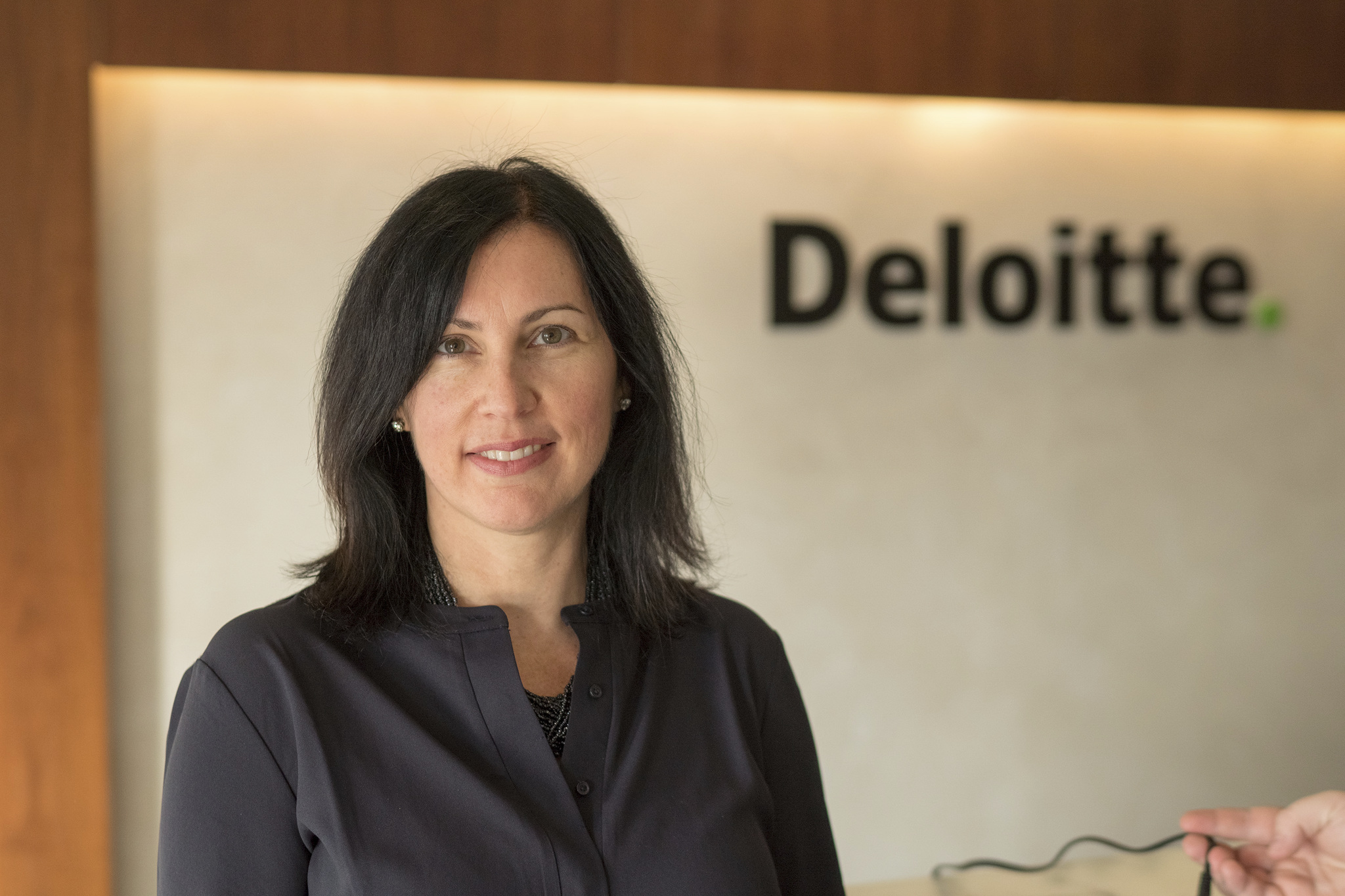Last year, Deloitte launched its 2021 Women @ Work: A Global Outlook survey to better understand women’s experiences at work and the current state of gender equality in the workplace. The findings revealed a “perfect storm” of added pressures for working women during the pandemic, which was having a negative impact on women’s well-being and career aspirations. A year later, the 2022 survey reveals that the pandemic continues to take a heavy toll on women, leaving lasting impacts on women’s career and life choices. Women are facing a “burnout epidemic,” flexible working isn’t working, and harassment and microaggressions are on the rise.
I spoke with Michele Parmelee, Deloitte’s Global Chief People and Purpose Officer to learn more about the results of the Women @ Work 2022: A Global Outlook survey:
Jen Fisher: What’s fueling the rise in burnout amongst working women?
Michele Parmelee: Forty-six percent of women in this year’s survey say they’re burned out. There are a number of factors driving this widespread burnout, including extremely high stress levels, lack of mental health support, and an “always on” work culture. 53% of women say their stress levels are higher than a year ago, almost half rate their mental health as poor/very poor, and more than one-third say they’re unable to “switch off” from work.
Women in ethnic minority groups are more likely to feel burned out than those who are not in a minority group in their country. The research shows that women in ethnic minority groups are more likely to experience microaggressions and less likely to feel comfortable discussing mental health challenges in the workplace. Systemic biases continue to exist in workplaces around the world, and this takes a toll on women in minority groups.
Additionally, many women are reporting poor work/life balance and increased responsibilities at home. All of this is leading to women experiencing an extreme amount of pressure both at home and work.
JF: Despite the rise in burnout, only 43% of women feel comfortable talking about mental health challenges in the workplace, only 44% say that they get adequate support from their employer when it comes to mental health, and 33% have taken time off work for mental-health reasons. What can leaders and organizations do to break down mental health stigmas in the workplace?
MP: With more than half of women saying stress levels are higher than a year ago and almost half describing their mental health as poor/very poor, it is critical that employers go beyond providing support when it is needed. We need to focus on eliminating stigma that prevents many women from even discussing mental health in the workplace. Organizations can start by enabling empathetic leadership. They should educate leaders and managers about mental health and how to spot the signs that someone may be encountering mental health challenges, and how to direct them to appropriate support. Managers should be encouraged, if they’re comfortable, to share their own lived-experience stories to help remove any stigma around mental health in the workplace. Organizations should also focus on building an inclusive culture where employees are encouraged to give feedback and are able to work in ways that enable them to thrive.
JF: Flexibility is clearly important to women in the workplace. Even though some organizations do offer flexible programs, there are barriers that prevent women from leveraging them. Can you tell us more about these barriers and what organizations can do to help make these programs more accessible?
MP: The research shows that only 33% of women say their employer offers any type of flexible work arrangement. Furthermore, only around one-quarter of women with flexible working arrangements say their employer has set clear expectations of how and where they should work, which presents challenges for those seeking predictability (often due to caring responsibilities). An overwhelming 94% of women believe that requesting flexible work will affect their likelihood of promotion, and 90% believe their workloads won’t be adjusted accordingly if they request flexible working arrangements.
While putting in place flexible work policies is important; organizations need to make sure people actually feel like they can take advantage of these policies without fear of career reprisals. This means leaders must focus on the everyday culture of their organizations, enable flexible working solutions that work for the individual and the business, educate leaders and managers to be supportive of their team members wishing to work flexibly, and ensure that workloads are suitably adjusted when flexible working arrangements are made.
JF: Women who work part-time are almost 10% more likely to say they feel burned out than those who work full-time. Why do you think that is?
MP: Not only are women who work part-time more likely to say they’re burned out, but they’re also far less likely to say they get adequate mental health support from their employers or feel comfortable disclosing mental health as a reason for their absence. Only 26% of women working part-time say they feel comfortable talking about mental health in the workplace, compared to 44% of women in full-time employment, and 54% of women working part-time say their careers aren’t progressing as quickly as they would like, compared to 39% of women working full-time. This points to an overall lack of support for these women. Many women in part-time roles, including those who have reduced or changed working hours during the pandemic, are considerably less optimistic about their career prospects. They also report higher increases in the amount of time spent looking after children and other dependents.
This all points to the fact that while many organizations may offer flexible or part-time work options, if they fail to adjust workloads accordingly, these options will be detrimental to women’s careers and stress levels.
JF: While hybrid work helps to enable flexibility, many women reported feeling excluded when working in this type of environment. What are some ways that team leaders can create an inclusive environment that prioritizes relationship-building when leading a hybrid team?
MP: Hybrid working presents unique challenges. If done right, it can enable many women to maintain the flexibility that remote working can afford. But it also creates a risk of exclusion for those not physically present. Almost 60% of women who work in hybrid environments feel they have been excluded from important meetings and almost half say they do not have enough exposure to leaders – a critical enabler of sponsorship and career progression.
We’ve also seen that women who work in a hybrid environment are significantly more likely to experience microaggressions, such as being given fewer opportunities to speak up in meetings than male colleagues or having someone else take credit for their ideas than those working exclusively on-site or are exclusively remote.
Organizations need to ensure these arrangements work for all employees, not just those physically present. This means ensuring that employees clearly understand what is expected of them and training leaders to lead meetings and interactions in a way that includes all present, whether in person or remote. It also means ensuring that those not physically present have much-needed access to leaders and sponsors. By focusing on creating inclusive, high-trust cultures where women are supported in their efforts to balance work and other responsibilities, organizations see higher levels of job satisfaction, motivation, and overall well-being among women that work for them.



